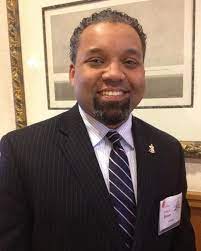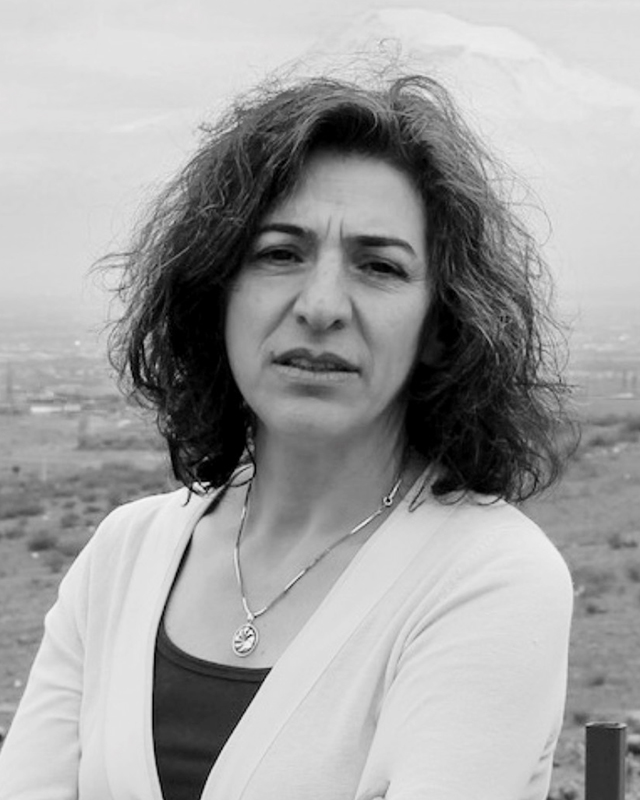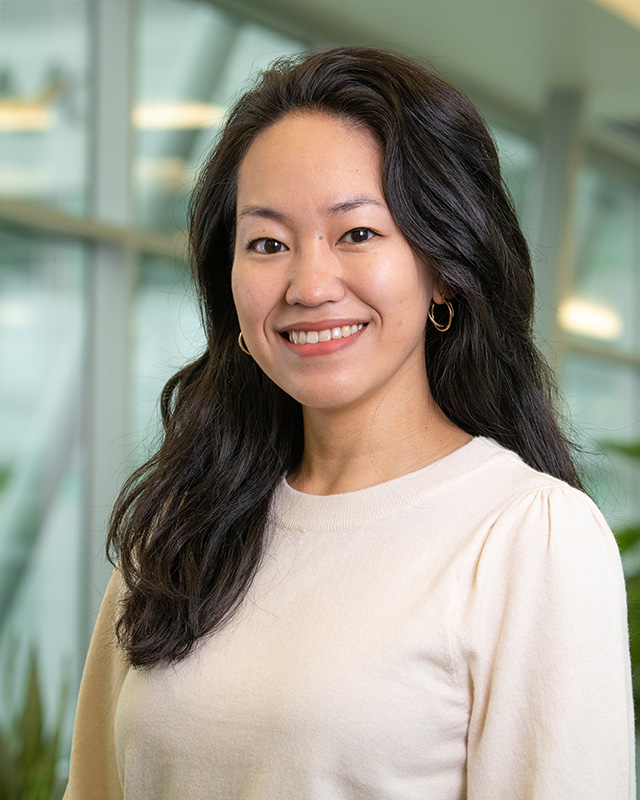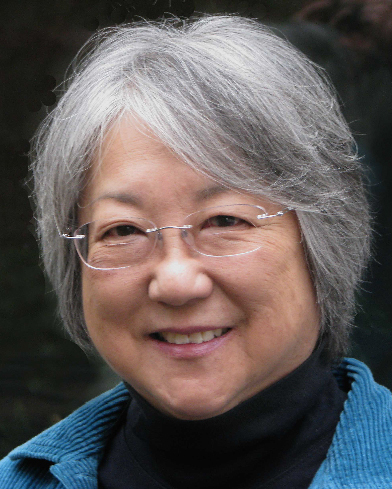Addressing the Trauma in Populations at Risk: Social Justice & Diversity
Social Justice & Diversity: Addressing the Trauma in Populations at Risk
The conference will explore perspectives of historical trauma and its impact through the lens of populations at risk, including child abuse victims, immigrants, and the LGBTQ community. Protective factors necessary for healing to take place will be discussed.
Date: June 3, 2022
Time: 9:00 a.m. to 4:00 p.m.
Location: Online via Zoom web meeting
Price: $40
Continuing Education Units
Six (6) Contact hours CEUs may apply toward cross-cultural education hours or as general continuing education hours. Credits relating to Alaska Native Cultures may apply towards AK-Native specific education hour credits.
Agenda
| Time | Topic | Presenter(s) |
| 9:00 a.m. | Opening & Welcome | Yvonne Chase |
| 9:05 a.m. |
“Threadbare Masculinity”: Trauma Informed Care - Needed Now More than Ever Many Black men living in the U.S. have experienced not only violence and discrimination, but also live with symptoms of trauma and have an increased likelihood of developing health-related problems as a consequence of this exposure. The stark reality of hate in America disproportionally impacts BIPOC and LGBTQ communities. The physical violence or threat of violence leads to trauma, which leads to poor health outcomes. The impact of primary and secondary trauma has been correlated with medical conditions, such as diabetes, chronic pain, chronic fatigue syndrome, heart disease, liver disease, sexually transmitted infections, PTSD, and lower life expectancy. African American men and their communities deserve access to safe and affirming places to get much needed physical and emotional care. Bailey’s presentation will explore the intersection of trauma and racism that are experienced by African American male-identified individuals across the lifespan; the role that social workers and allies have in promoting equity and fairness in a multicultural environment; as well as the role that social workers must play in addressing racism and other forms of oppression. |
Gary Bailey |
| 10:00 a.m. | Presentation Discussion, Q&A | |
| 10:30 a.m. | Break | |
| 10:35 a.m. | Justice Denied: The Japanese Incarceration During World War II Justice Denied tells the story of the Japanese incarceration during World War II as seen through the eyes of a Japanese American family. It follows their passage from immigration in the 1890s through their imprisonment during the war years and it documents how they rebuilt their lives thereafter. The 45-minute PowerPoint presentation is richly illustrated with more than 100 family and historic WWII photographs, many of the latter obtained from U.S. government archives. Beyond describing the internment experiences of a single family, the talk focuses on the plight of the 120,000 Japanese—two thirds of them American citizens—who were imprisoned, sometimes for years, by a presidential order deemed by many then and now to be in violation of the U.S. Constitution. |
Margaret Yamamoto |
| 11:35 a.m. | Presentation Discussion, Q&A | Rei Shimizu Margaret Yamamoto |
| 12:00 p.m. | Lunch Break | |
| 12:50 p.m. |
Video Short: Francine’s Interview - FRANCE Born in 1933, Francine Christophe was deported with her mother at the Bergen-Belsen concentration camp in 1944. Released the following year, she continues to share her experience and memories, particularly with the younger generations. |
|
| 1:00 p.m. |
The Cost of War: Trauma Experienced by Refugees |
Seta Kabranian |
| 2:00 p.m. | Presentation Discussion, Q&A | Yvonne Chase Seta Kabranian |
| 2:30 p.m. | Break | |
| 2:35 p.m. | Indian Child Welfare Act (ICWA): The Long Wait for Justice The State of Alaska child protection system has had a disproportionate number of Alaska Native children in out-of-home care for decades. This presentation will help attendees understand the link between the history of Alaska Native child removal due to mandatory boarding school attendance and child removal through child protection services in the present day. Ongoing child removal is problematic due to this history and an Indigenous Connectedness Framework that centers on child well-being is proposed with the hopes for transformational relational healing and systemic change. |
Jessica Saniguq Ullrich |
| 3:30 p.m. | Presentation Discussion, Q&A | Maria Williams Seta Kabranian |
| 4:00 p.m. | Closing Remarks & Wrap-Up | Yvonne Chase |
Speaker Bios

Yvonne M. Chase, Ph.D., LCSW, ACSW
Yvonne M. Chase is an associate professor in the University of Alaska Anchorage Dept. of Human Services under the College of Health. Chase’s prior experience includes serving as deputy commissioner for two state departments in Alaska and one in Washington State. She also has significant experience in the nonprofit sector. Chase holds a bachelor’s degree in Sociology from Loyola University in Chicago, Ill.; an MSW from Howard University in Washington, D.C.; and a doctorate in Social Work from Norfolk State University. Her areas of interest include social work ethics, child welfare, serving diverse client populations, and the global social work community.

Gary Bailey is the assistant dean for Community Engagement and Social Justice at the College of Social Sciences, Policy and Practice at Simmons University. He holds an appointment as a professor of practice at Simmons University School of Social Work and has a secondary appointment at the Simmons University School of Nursing and Health Sciences. Bailey has a faculty affiliate appointment at the Harvard Medical School Center for Primary Care; is a scholarly stakeholder with the LGBTQ Patient and Family Advisory Council at Brigham and Women’s Hospital; and is a consultant to the Fenway Health Dept. of Behavioral Health.

Carey Brown is a senior academic advisor with the College of Health Student Success Center and a faculty adjunct in the Department of Human Services. Originally from Fort Worth, Texas, Brown has an extensive background in Human Services and related fields, specializing in re-entry from incarceration. He has always considered himself a helper, one to serve others who are in need, so he started working toward a career in hospital administration to address infant mortality rates in socioeconomically disadvantaged areas in the Dallas/Fort Worth metroplex. Not long after, Brown found additional opportunities to serve while working within other areas of Human Services, such as homeless and distressed youth services, disability support services, domestic violence prevention services, and re-entry services.

Seta Kabranian is a writer and an assistant professor in the University of Alaska Anchorage Dept. of Human Services under the College of Health. She received her doctorate from Yerevan State University, Armenia, and her MFA from UAA. Before moving to the U.S., she led a non-governmental organization to assist refugees, victims of war, and the needy in Armenia and her birthplace Lebanon. Her interests remain in migration due to war and social justice issues.

Amana Mbise is an assistant professor with the University of Alaska Anchorage School of Social Work under the College of Health. Mbise has a vast experience in global health (HIV/AIDs and Malaria), refugee integration, and community development in Tanzania, Denmark, and the U.S. His scholarship centers on migration, human trafficking, and rights-based approaches to social work. His ongoing and most recent works include a National Institute of Justice study on labor exploitation in Alaska and a Dept. of State-funded grant to estimate the prevalence of human trafficking for domestic servitude in Tanzania. Currently, Mbise is working with the Alaska Black Caucus to conduct the first health needs assessment for Black-identifying Alaskans.

Rei Shimizu is an assistant professor at the University of Alaska Anchorage School of Social Work under the College of Health. She holds an MSW from Columbia University School of Social Work and a doctorate from New York University Silver School of Social Work. Shimizu's research aims to understand how psychosocial determinants of health, such as poverty, mental health, and interpersonal relationship dynamics, influence food-related decision making and dietary outcomes among low-income young adults. Her research is inspired by the relational food narratives she encountered in her clinical work, providing trauma-focused therapy to those impacted by domestic violence in the U.S. and Japan.

Jessica Saniguq Ullrich, Ph.D.
Jessica Saniguq Ullrich (Inupiaq) is an assistant professor at the University of Alaska Anchorage School of Social Work under the College of Health. Ullrich has been a scholar with the Native Child Research Exchange program, the Indigenous Wellness Research Institute ISMART program, and Council of Social Work Education Minority Fellowship Program.
Ullrich's research interests pertain to the promotion of Alaska Native child well-being using an Indigenous Connectedness Framework. This framework highlights the importance of being in the right relationship with family, community, the earth, ancestors/future generations, and with spirit. Ullrich currently is co-authoring a paper that focuses on the application of Indigenous Connectedness to child welfare, and she will work with Alaska Native youth from three rural communities using digital storytelling to highlight community protective factors.
Ullrich is an Inupiaq scholar, a tribal citizen of Nome Eskimo Community, and a descendant of the Native Village of Wales. As an assistant professor with the UAA School of Social Work, she focuses on the promotion of connectedness, well-being, and relational healing. Ullrich currently is engaged in efforts that involve digital storytelling with Alaska Native youth, culturally based curriculum development, tribal child welfare prevention efforts, language revitalization, and connectedness for systems change. Storytelling through research, education, and authorship is central to her work.
Dr. Williams' publications include The Alaska Native Reader: History, Culture & Politics (2009); a documentary film on Athabascan Basket maker Daisy Stridzatze Demientieff (A Beautiful Journey 2009), and various articles on Alaska Native cultural revitalization. Her research interests include contemporary Alaska Native music and dance practices; Alaska Native history, the impact of colonialism and cultural revitalization.

Margaret Yamamoto was incarcerated at the age of two months during World War II. She has addressed many audiences on the subject of the Japanese internment during WWII, providing a historical summary of its events and relating their consequences to the personal experiences of her family as they coped with incarceration and their subsequent return to a normal life.
Yamamoto is retired after more than 40 years in the marketing and communications fields. Before retirement, she was the director of Community Program Initiatives at WGBH, Boston's public broadcasting station. She also worked for Walt Disney Productions, General Electric, and a number of education and health care organizations in New York, California, and Massachusetts. She is a graduate of San Jose State University with a bachelor’s degree in English/political science and a master’s degree in mass communications.










